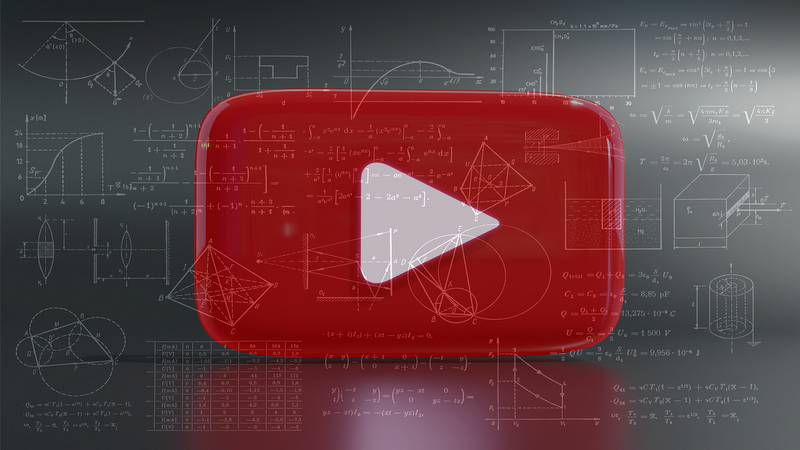
YouTube has fundamentally changed the way in which we take
in material, and the recommendation system that it employs plays a huge part in
determining how we spend our time online. Our watching habits are analysed by
the algorithm, which is driven by machine learning and data on user behaviour.
Based on this analysis, it offers videos that it thinks will
capture our attention and keep it. This personalised approach not only boosts
user engagement and increases watching, but it also raises some critical
questions and concerns.
The recommendation algorithm that YouTube uses has the
ability to create filter bubbles and echo chambers, which is one of its
implications. Because the algorithm personalises the content depending on our
preferences, it has a tendency to reinforce the interests and opinions that we
already hold.
This can lead to us having a narrow and skewed vision of the
world, which cuts us off from a variety of perspectives and opposing points of
view. As a consequence of this, it is very necessary for users to actively seek
out diverse content in order to retain an all-encompassing comprehension of a
variety of subjects.
Another conclusion is that individuals are more likely to be
misinformed and radicalised as a result. The fundamental purpose of the
algorithm is to maintain the interest of consumers so that they continue to
watch movies for extended periods of time.
Sadly, this can result in the propagation of content that is
provocative or controversial, including misinformation and conspiracy theories.
As a consequence of this, people may find themselves inadvertently falling into
rabbit holes of deception, which undermines critical thinking and fosters a landscape
that is fractured with information.
In addition, the influence of the recommendation system
extends beyond the scope of individual users. It has a significant impact on
the content creators' strategy, as they work hard to adapt their videos to the preferences
of the algorithm so that they can achieve greater visibility and connect with a
larger audience.
This dynamic can act as an incentive for the production of
content that is sensationalist, attention-grabbing, and clickbait, which may
put the quality and veracity of the information that is being presented at
risk.
A multi-pronged strategy is required in order to address the
repercussions of this situation. YouTube may increase its level of openness by
offering clearer explanations of how the recommendation algorithm works.
This would enable consumers to have a greater understanding
of and control over the information that they consume. The echo chamber effect
can be mitigated to some degree by putting into place procedures to broaden the
scope of recommendations and proactively encourage balanced points of view.